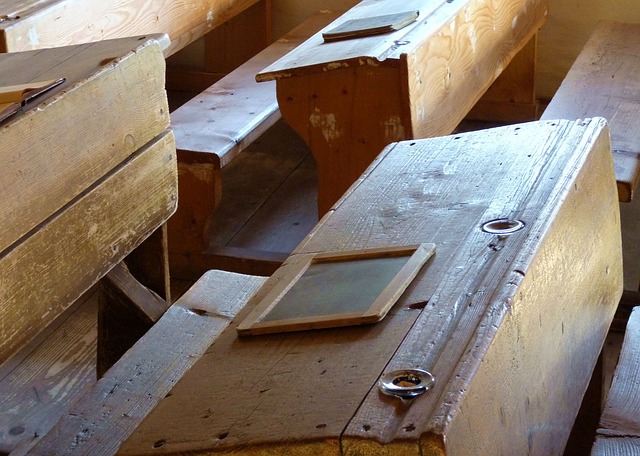If you ask an experienced machinist which kind of machining technology is better, manual or CNC machines, most will respond with, “It’s not about which is better, it depends on the job”. CNC machines can complete large orders of machined parts quickly and accurately after they have been programmed for a job. Machinists can turn on the switch and conveniently leave it running for hours, allowing them to complete jobs overnight. In a world where existing technology does much of the heavy lifting for us, it’s easy to forget the benefits of manual technology. At PD Peterka, we utilize both high-tech CNC machinery as well as manual lathes & mills because we understand that both have their place in machined parts manufacturing.
Benefits of Manual Machining
Utilizing manual machines allows machinists to do everything CNC machines cannot do on a convenient basis. For example, when CNC machines are busy running large orders, additional jobs can be taken with the help of manual machines – especially when those projects are short orders. It is not worth programming a CNC machine for a job that only requires a single machined part. With the time it takes to set up a CNC machine before a job, simply finishing the piece on a manual machine is a better use of both time and money. By incorporating manual equipment in a machine shop, the entire operation can run more efficiently, without a machinist having to restrict services to either large or small runs.
Cost is also a factor when considering working on a CNC or manual machine. Manual machines are significantly cheaper to purchase, which helps a machine shop control its overhead and keep prices low. A willingness to do some orders manually can not only help an operation take on extra work, it allows them to do so relatively inexpensively. Ideally, that cost-savings can be transferred to the customer.
Finding a Skilled Manual Machinist
Working with a manual machine often takes more skill than a CNC machine, which can control for accuracy on it’s own. To prevent wasted time and product, it’s important to look for a skilled machinist or machine shop to handle your manual order. We recommend seeking out a machine shop that not only offers manual machining, but can demonstrate their skill and accuracy. Asking to see some of their manual work, or inquiring about their level of experience with manual equipment is a great way to gauge your potential machinist.
Given this need for enhanced skill, the final benefit of manual machining is the knowledge that you are most likely working with a more skilled machinist than a professional exclusively experienced with CNC machines. The digital world does provide for enhanced convenience and speed, but some jobs require a hands on approach. An experienced, skilled machine shop that can take on both manual and CNC jobs ensures your project is in good hands, no matter what kind of approach it may require.
For more information on manual machines, contact PD Peterka, and we can help you discover how to best produce your machined parts.

